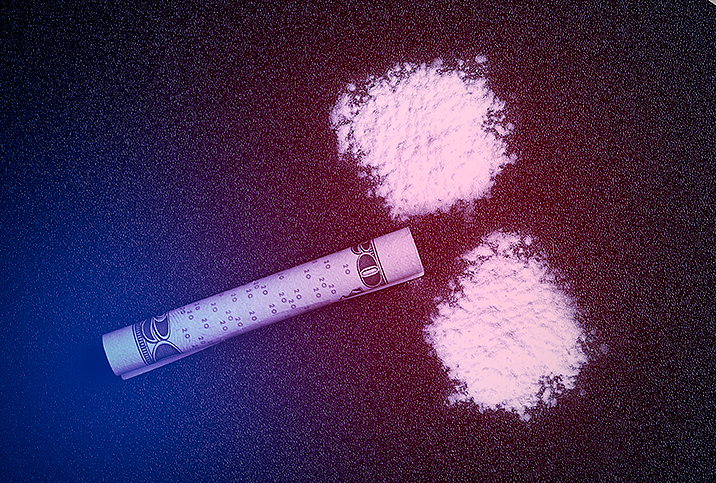Can Opioids Cause ED?

Whatever your reason for opioid use, there’s a high chance it may interfere with your normal sex life. Men who use opioids are 95 percent more likely to experience erectile dysfunction (ED), low sex drive and decreased testosterone, which can potentially lead to infertility. These side effects are as common as they are frustrating, and may require additional doctor visits and medications.
By learning exactly what’s going on with your sexual dysfunction, you can be more prepared to talk to your doctor and find a better treatment option sooner.
Opioids and ED
Your ability to get and maintain an erection, as well as your overall desire for sex, can falter while using opioids. A study published in the journal Spine found that men with an opioid prescription for back pain were 50 percent more likely to ask for an ED prescription within six months, and men who had higher doses of opioids experienced ED sooner than those with lower doses.
Opioids interact with the brain’s pleasure center, making it more difficult to reach a “happy high,” so it may be more difficult to achieve an erection or even feel sexually stimulated. Opioids can also cause interference with the body’s natural endocrine production, making sexual arousal elusive. For the same reason, opioids aggravate depression, which, in itself, also contributes to erectile dysfunction and low libido.
Patients who take opioids for 90 to 180 days have a 25 percent increased risk of depression, while those who take opioids for more than 180 days have a 50 percent increased risk. When looking at opioid-related ED, it’s essential to look at the bigger picture: Realizing that ED, opioids and depression are interrelated is the first step in resolving all three.
Opioids and infertility issues
In addition to sexual difficulties, opioid use can decrease both the quality and quantity of your sperm count. Opioids increase DNA fragmentation within the sperm, decreasing sperm quality, while prolonged use of opioids decreases testosterone levels, which can cause lower sperm count. Over time, the combination of these effects can lead to infertility.
High doses and prolonged use of opioids generally result in longer and more profound effects on fertility, but the kind of opioid also can change the effects on fertility.
For example, one type of opioid, morphine, increases the production of an enzyme called aromatase. Aromatase is primarily responsible for converting testosterone into estrogen, decreasing testicular function and causing infertility.
Other opioids, such as tramadol and tapentadol, have a lower effect on fertility when used moderately.
Treatment and beyond
Testosterone supplementation is the main treatment for opioid-related erectile dysfunction.
Increasing testosterone levels through supplementation can help your body counteract the effects of opioids. However, testosterone supplementation isn’t right for everyone: If you want to avoid hormone therapy, taking an ED medication could also solve the issue. Talking with your doctor about the changes in your sexual health during opioid use is crucial to finding the best path for treatment.
Opioids are powerful substances, but the body can recover from their use, including the complications they cause. Opioids need to be used responsibly because of their addictive qualities. People can recover from the appropriate use of opioids; it’s much more difficult to recover from inappropriate use or abuse. The simplest treatment for sexual dysfunction caused by opioid use is to stop taking opioids and then give your body time to heal itself.
Researchers believe that testosterone and libido levels return to normal once you stop using opioids, but it still takes a bit of time for your body to resume its normal processes. Over time, however, these frustrating side effects typically go away and you can get back to your normal sex life.

















